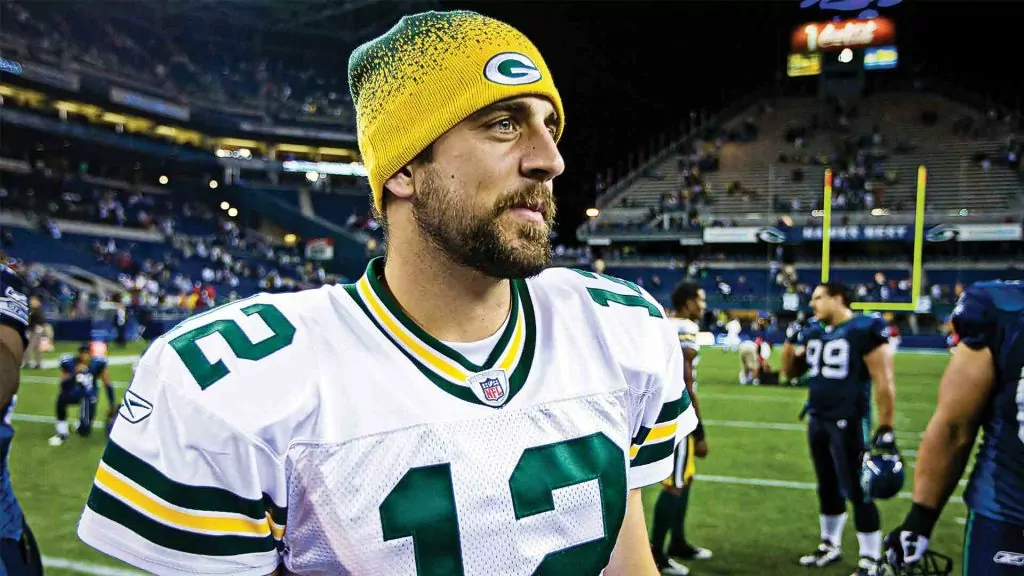In our ever more connected age, somehow loneliness seems to be growing. Earlier this year the British Prime Minister, Theresa May, appointed a “minister of loneliness” to address the situation. And this past month a study on loneliness among Americans found loneliness a particular problem among youth – those aged 18 to 22 felt far more isolated than those aged 72 and over. On the study’s 80-point scale, anything at a 43 and up was considered lonely. Generation Z, 18 to 22 year olds, scored an overall average score of 48.3. This compared to a 38.6 for the “Greatest Generation” of 72 and over.
So why would young people feel lonelier than their grandparents and great grandparents? Might it be due to social media, with young people perhaps making more Facebook “friends” than real friends? That could be a part of it. Heavy users of social media did score higher/were a bit lonelier than those who never used social media. But the difference was only 2 points, and not enough to explain the nearly 10-point gap between youth and their grandparents.
Another possibility? The study found those who lacked regular “meaningful in-person social interactions” were far lonelier. So social media is part of the explanation, but perhaps some of it is also the constant stream of trivialities occupying youth (and many of their parents too): video game marathons, clip after YouTube clip, constant texting, endless sport commitments, Netflix-binging, and keeping up with the latest love interest of this musician or that actor/royal/celebrity famous for being famous. Constant, quick, shallow engagement doesn’t leave a lot of time for the slower, deeper, more meaningful exchanges.
Loneliness happens in the Church too, and often times for the same reasons. We may have the opportunity for social interaction – there are a lot of people in our churches – but that doesn’t automatically mean those interactions are going to be of the meaningful sort. Christians also put on masks – for public viewing it’s tempting to play the part of the always-perfect parent, ever-supportive spouse, or trouble-free son or daughter. We’re good at shooting the breeze, talking sports and the weather. It’s easy to have a ten-minute conversation after church that’s about nothing at all.
God has a prescription of sorts for a more meaningful conversation. He wants older men and women mentoring their younger counterparts (Titus 2). And He wants parents and grandparents to talk about how God has worked in their lives. David puts it this way:
“One generation shall commend your works to another, and shall declare your mighty acts” (Ps. 145:4).
Of course, there’s a bad way this can be done. When we’re older, we sometimes find ourselves amazed when a young fellow or lass is willing to listen to what we have to say…so we try to squeeze every last bit of wisdom in that we can. And we don’t let them get a word in edge-wise. But relationships aren’t built via one-way communication – to be a help to the next generation we have to care enough about them to ask them about their interests, struggles and joys.
Young people, you have a role in this too. God wants you seeking wisdom from your elders (Prov. 3:1). If they aren’t coming to you, it might be because they can’t imagine the younger generation really wanting to get to know them and learn from them. So, approach them after church. Introduce yourself. Ask yourself over for coffee sometime. Ask questions. Grab hold of that wisdom with both hands.
There is more to relationships than simply sharing our joys, sharing the good God has done us. As David models in Psalm 3, 6, 25, and others, it also involves letting others know about our struggles. Finding a group of people you can trust and count on and “be real” with can be a hard. But is worth pursuing. God has given us the communion of saints for a reason – He knows what we need, and He has given us each other.












